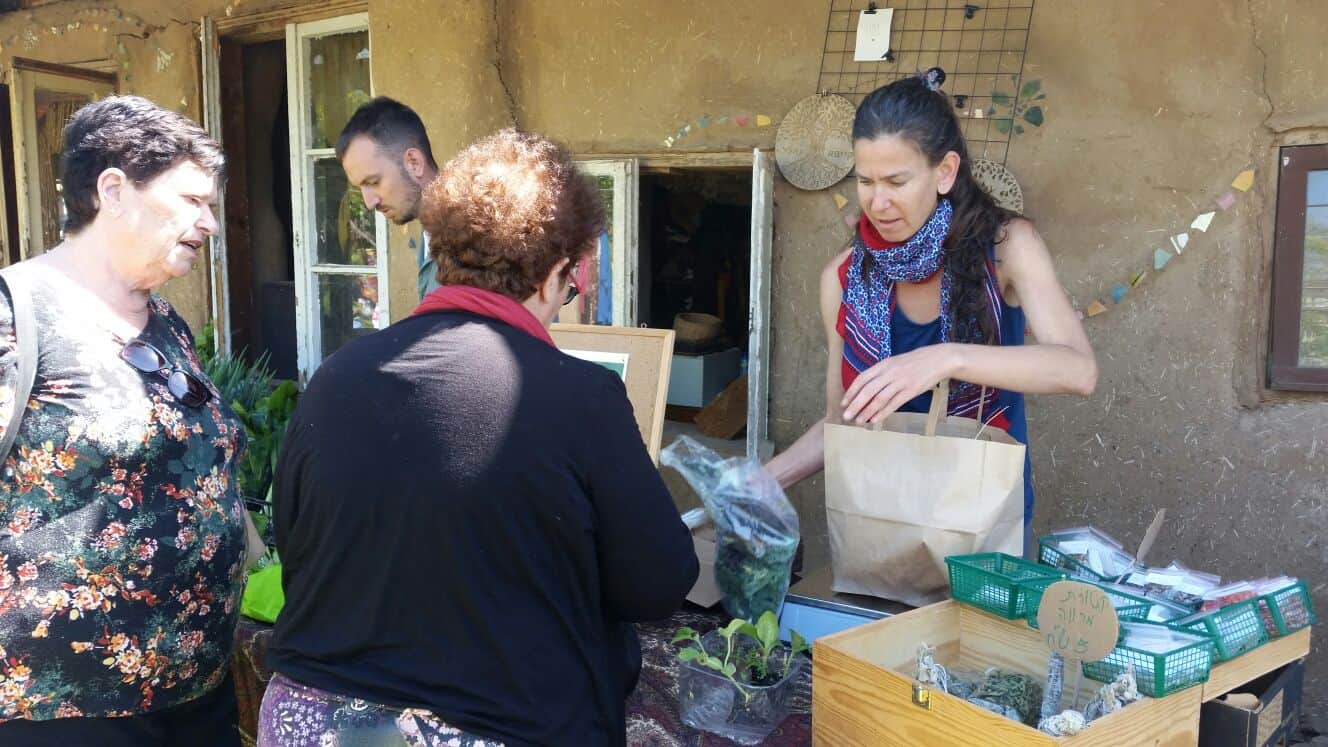 Teach and Live Jewish Values
Teach and Live Jewish Values
While not all of our Good People (grantees) are Jewish, and not all of their clients are Jewish, the work they do reflects our time-tested Jewish values. Throughout our education materials, we tie in Jewish core texts (ancient and modern) as well as these Jewish values to frame our grantees’ work.
Inherent to The Good People Fund are Jewish concepts of communal funds and Rambam’s Ladder of Tzedakah; both concepts guide our work and are explored in our materials.
Build Deep, Meaningful Relationships
Our funding philosophy translates directly into our educational philosophy—that funding and service involve more than just writing a check or volunteering a few hours. We believe in building deep and meaningful relationships with our grantees; when these relationships are shared with our learners, the experience they have in service to our grantees and their organizations is enriched ten-fold—truly enhancing tikkun olam (repair of the world).
Our approach draws inspiration from the great Jewish philosopher Martin Buber. His concept of relationships as either “I-It” or or “I-Thou” is best summarized as we should all be striving for personal, significant relationships with each other and with God; we shouldn’t see each other or God as objects to be utilized for our own purposes. A check written to an organization and placed in the mail or a phone call made to a volunteer coordinator to set up a few service hours is often more like a utility relationship (“I will do this to fulfill my obligations”) than a meaningful and deep relationship. We strive to build I-Thou relationships with all of our grantees and hope our learners will do so, as well.
Promote Service Learning
Just as a deep relationship—an I-Thou connection—extends the meaning of a partnership between a volunteer or donor and the recipient organization, so does the concept that Good Service leads to a stronger commitment to tikkun olam (with greater results) than typical encounters with charitable organizations.
For most people involved in a Mitzvah Day, a bar/bat mitzvah project or a similar experience, their participation with a charity organization is limited to either philanthropy (fundraising or donation) or to service (volunteering a few hours). However, Good Service involves so much more. We have adapted, with permission, the JustAction Service Learning Theory originally developed by Panim/BBYO to provide a framework for all of our education materials.






